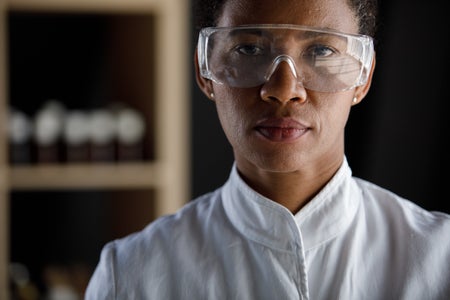
Implicit Bias Hurts Everyone. Here’s How to Overcome It
The environment shapes stereotypes and biases, but it is possible to recognize and change them

Implicit Bias Hurts Everyone. Here’s How to Overcome It
The environment shapes stereotypes and biases, but it is possible to recognize and change them
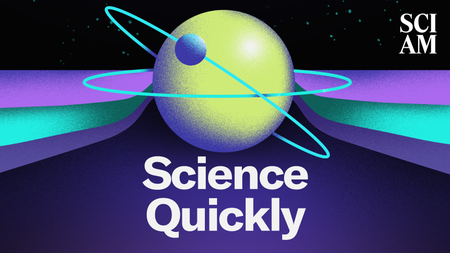
Introducing Science Quickly’s New Host, Rachel Feltman
Stay tuned for a new era of Science Quickly.
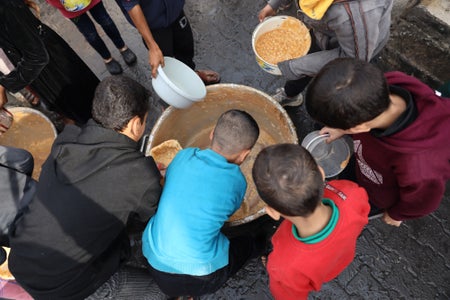
The Famine Developing in Gaza Follows a Clear Pattern
Famine is affecting an increasing number of people in Gaza, Sudan, Haiti and elsewhere around the globe, and its development follows a clear pattern
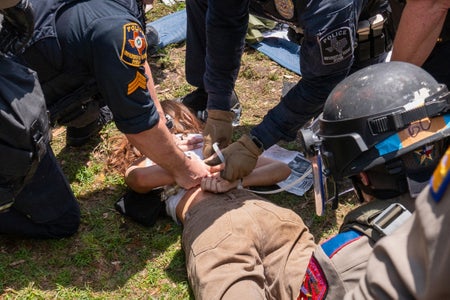
Here's What Universities Always Get Wrong about Student Protests
Repression draws attention to campus protests, like those over the conflict in Gaza, and makes them grow
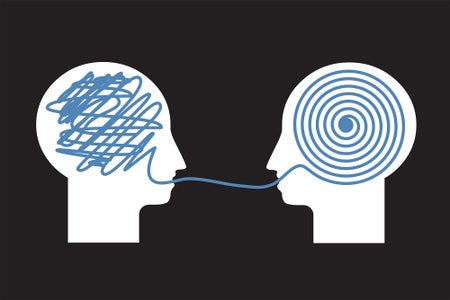
Can Scientific Thinking Save the World?
A physicist, a philosopher and a psychologist are working together to bring better, smarter decision-making to the masses
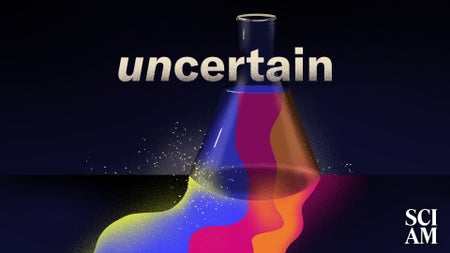
How Do We Know Anything For Certain?
Some practical advice for how to sit, happily, joyfully, with uncertainty—and in doing so, grow and learn from it.

There Are Safer Ways to Bed-Share with a Baby
For some parents, bed-sharing is the only way their baby can sleep. Rather than talking to parents about how to do it safely, we try to pretend it doesn’t exist

How Foreign Governments Sway Voters with Online Manipulation
Almost half of the world population heads to elections in 2024. To counter disinformation activities aimed against the voters on social media, we must first understand how they work
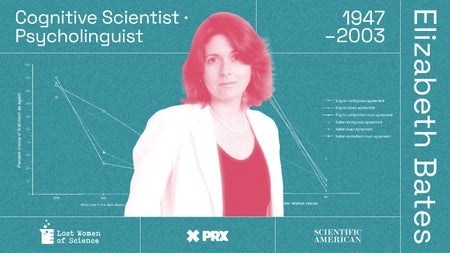
Elizabeth Bates and the Search for the Roots of Human Language
In the 1970s a young psychologist challenged a popular theory of how we acquire language, launching a fierce debate that continues to this day

An Indigenous Archaeologist’s Journey to Find the Lost Children
How “heart-centered” archaeology is helping to find the Indigenous children who never came home from residential schools
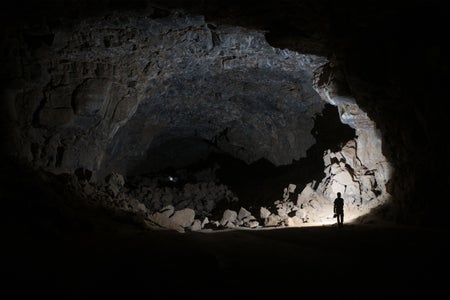
Early Humans Sheltered in This Lava Tube 10,000 Years Ago—And It’s Still in Use Today
Fossils and stone tools show that a cave in Saudi Arabia has been used as shelter by humans for millennia, up to the present day
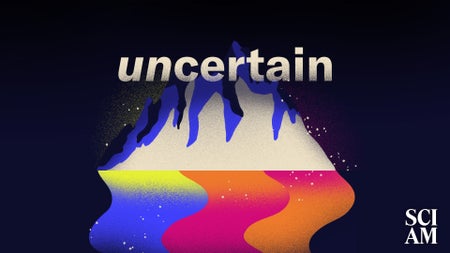
Overconfidence Can Blindside Science and Society Alike. Here's How Not to Get Fooled
The tale of how the "backfire effect" ultimately, itself, backfired, and what scientists can learn from being wrong